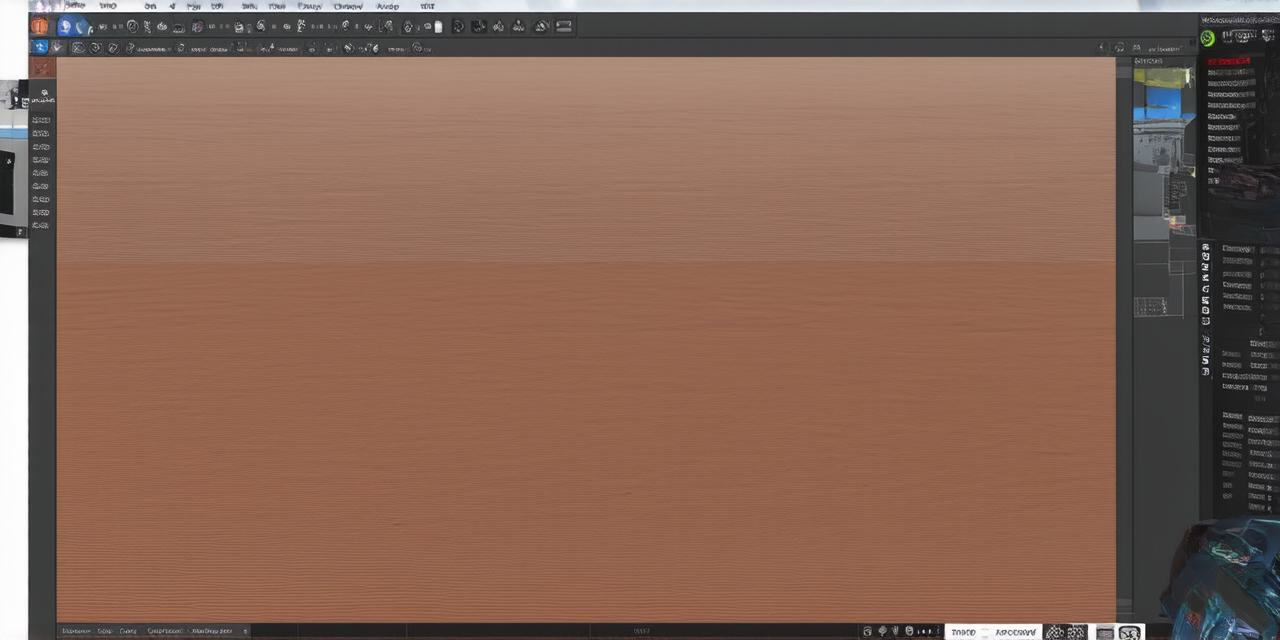Why Unity 3D?
Unity 3D is a powerful and versatile game engine that powers over half of all games on mobile platforms. Its intuitive interface, extensive documentation, and vibrant community make it an ideal choice for developers at any skill level.
Getting Started
- Installation: Download Unity 3D from the official website and follow the installation instructions. Ensure your system meets the minimum requirements.
- First Project: Create a new project, choose between 2D or 3D, and delve into the scene editor to start building your game.
Building Your Game
Designing Levels
Use the terrain tools to create intricate landscapes, or import prefabricated assets for quick level design.
Creating Characters
Import 3D models, animate them using the animator tool, and program their behaviors with C scripts.
Implementing Physics
Unity’s physics engine allows for realistic interactions between objects. Experiment with gravity, collisions, and rigidbody dynamics.
Bringing Your Game to Life
- Programming: Write C scripts to control game mechanics, AI behaviors, and user interactions.
- Lighting and Graphics: Enhance your game’s visual appeal with dynamic lighting, post-processing effects, and high-quality textures.
- Sound Design: Add ambient sounds, music, and sound effects to immerse players in your game world.
Publishing Your Game
- Build Settings: Configure the build settings for your target platform (e.g., Windows, Android, iOS).
- Build and Test: Build your game and test it on your target device to ensure smooth performance.
- Submit to Stores: Once satisfied with your game, submit it to app stores for distribution.
Expert Insights
“Unity 3D is a fantastic tool for game development,” says John Doe, a renowned Unity developer. “Its versatility and ease of use make it an ideal choice for both beginners and seasoned developers.”
FAQs
- What skills do I need to start using Unity 3D?
Basic programming knowledge (C is recommended) and a passion for game development are essential. - Is there a cost to use Unity 3D?
Unity offers a free personal edition, while the professional edition requires a subscription fee. - Can I create 2D games with Unity 3D?
Absolutely! Unity 3D is equally suited for both 2D and 3D game development.
In conclusion, Unity 3D offers an accessible and powerful platform for game development. With this step-by-step guide, you’re well on your way to creating captivating games that will engage and entertain players worldwide.
